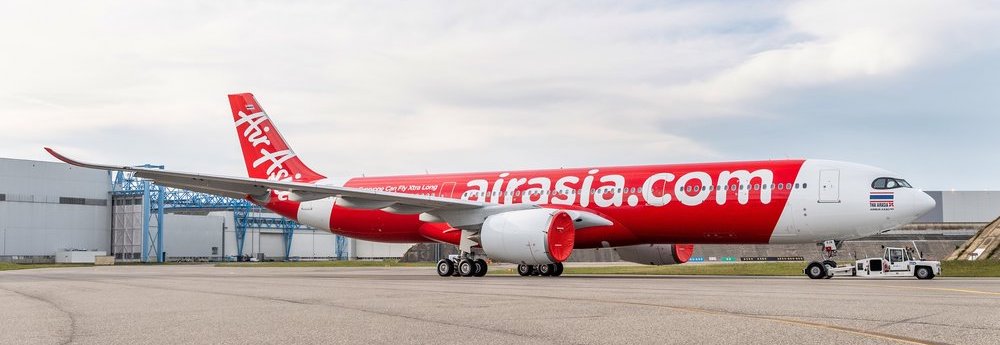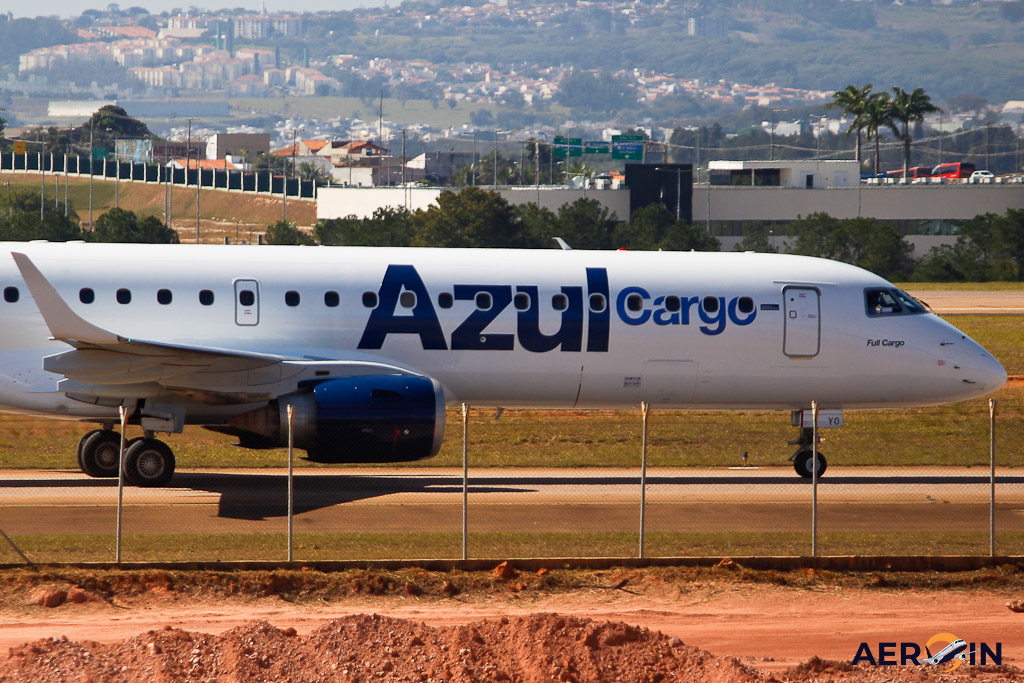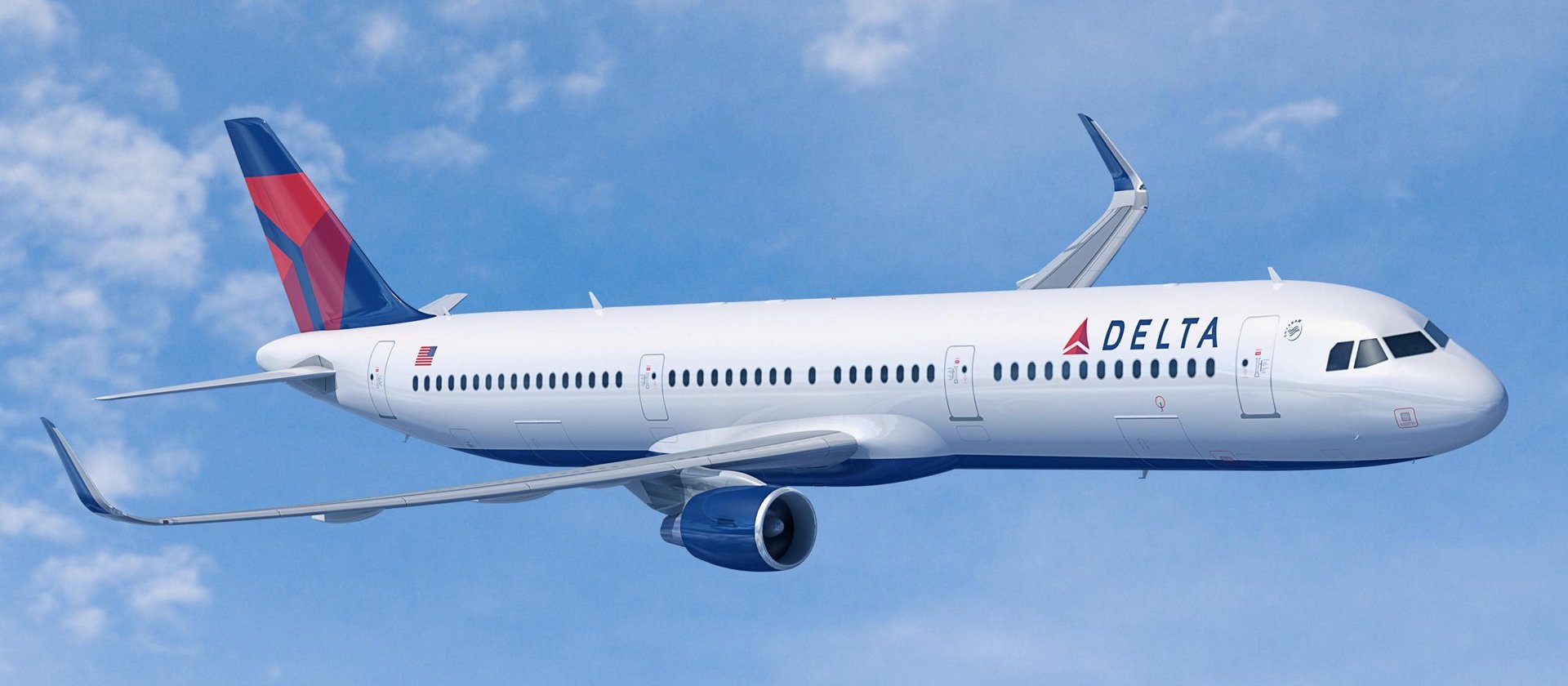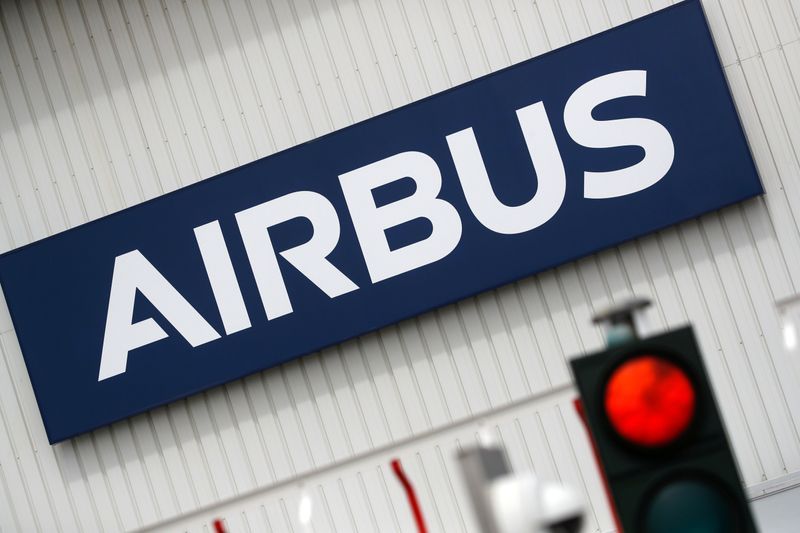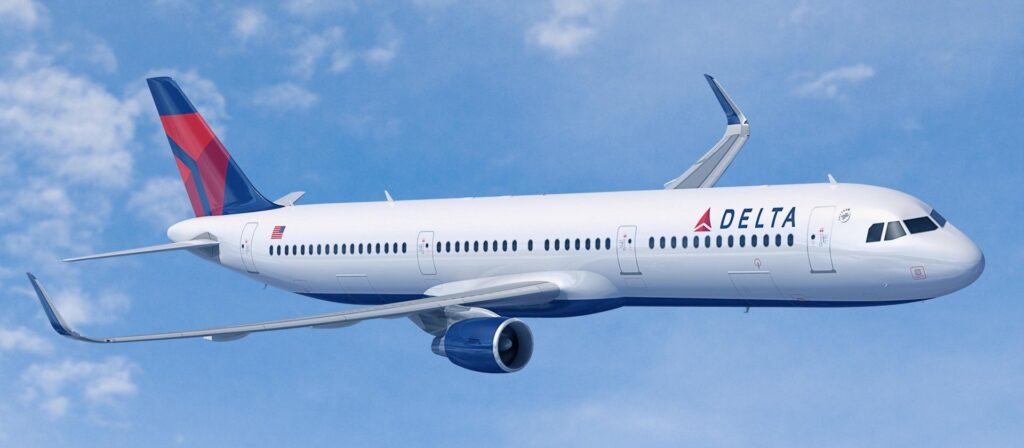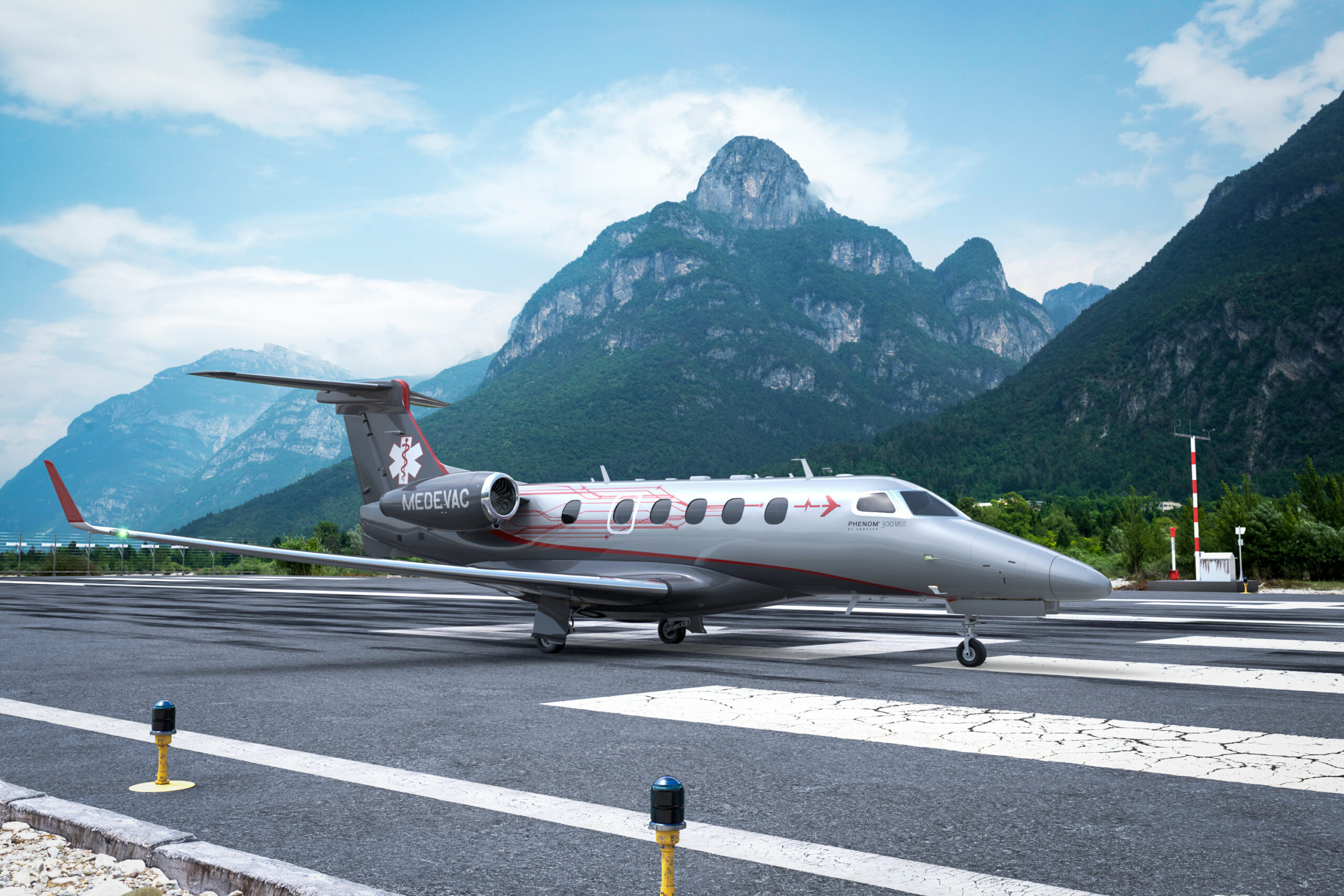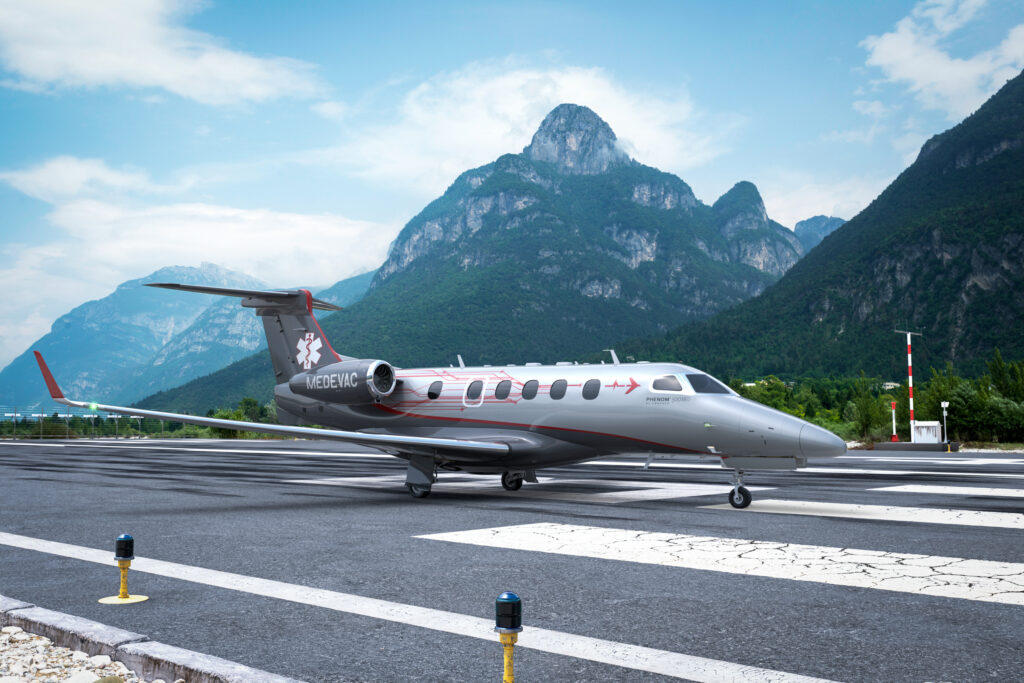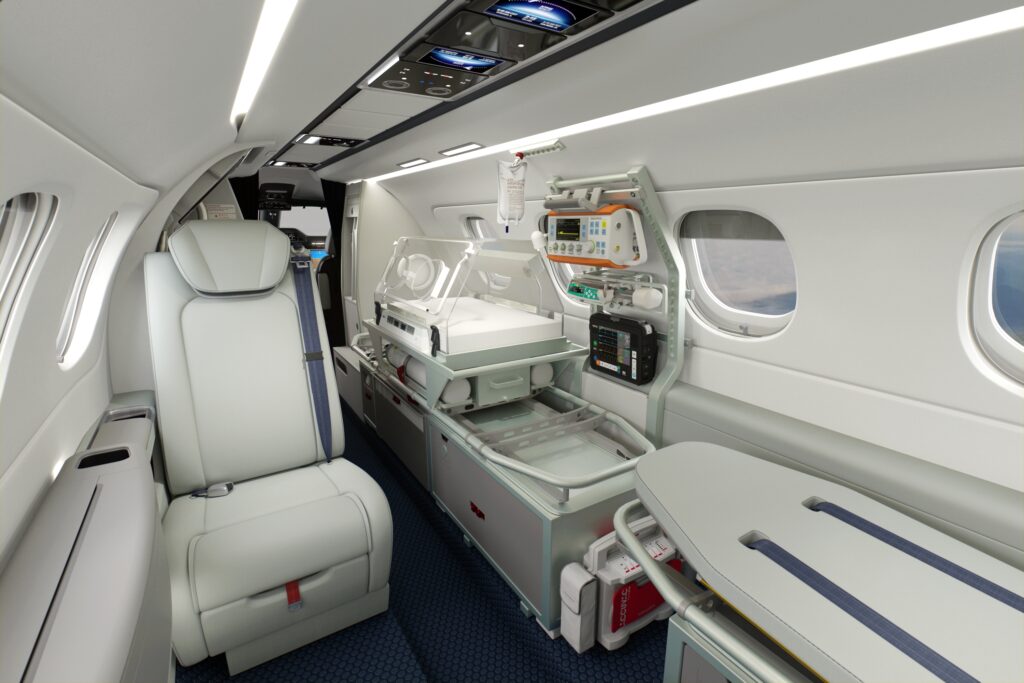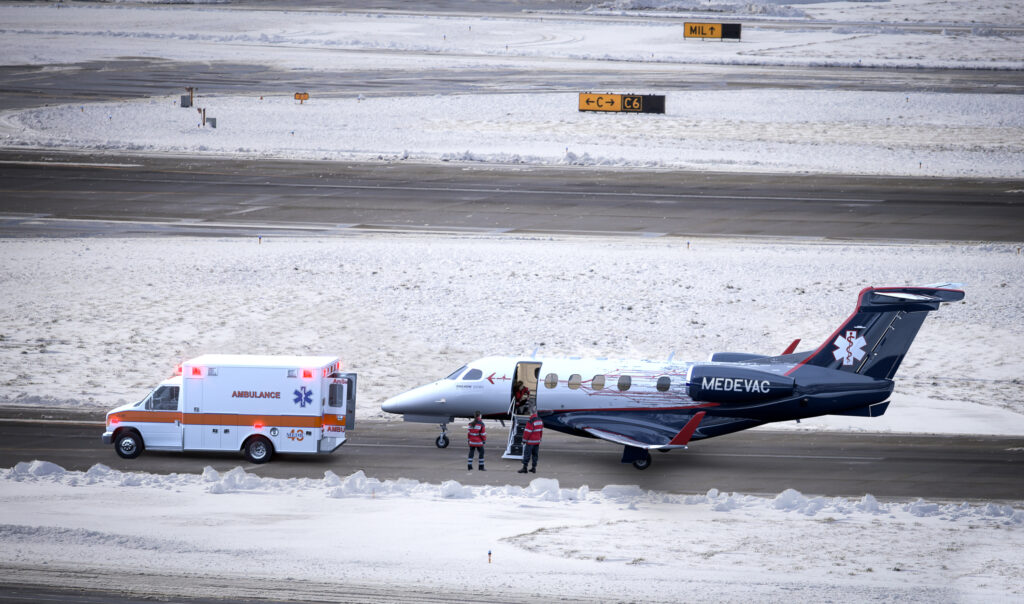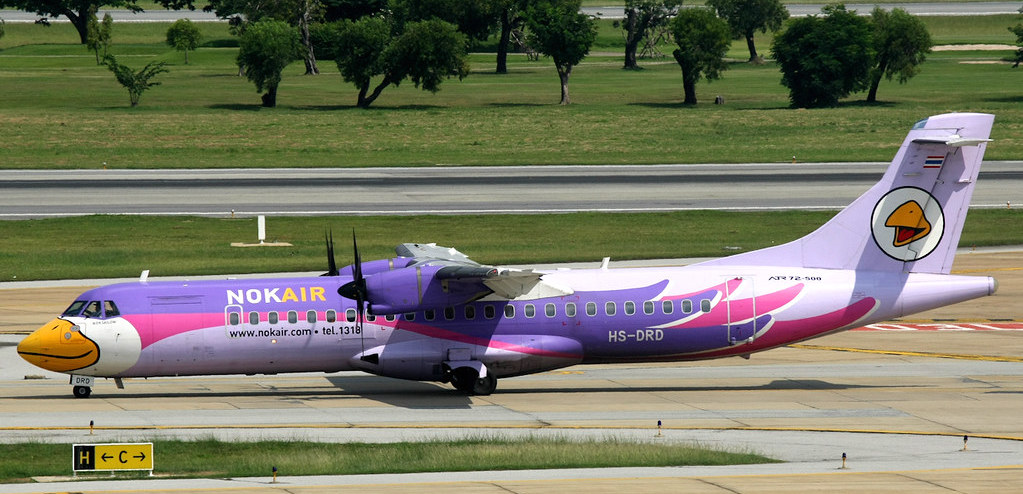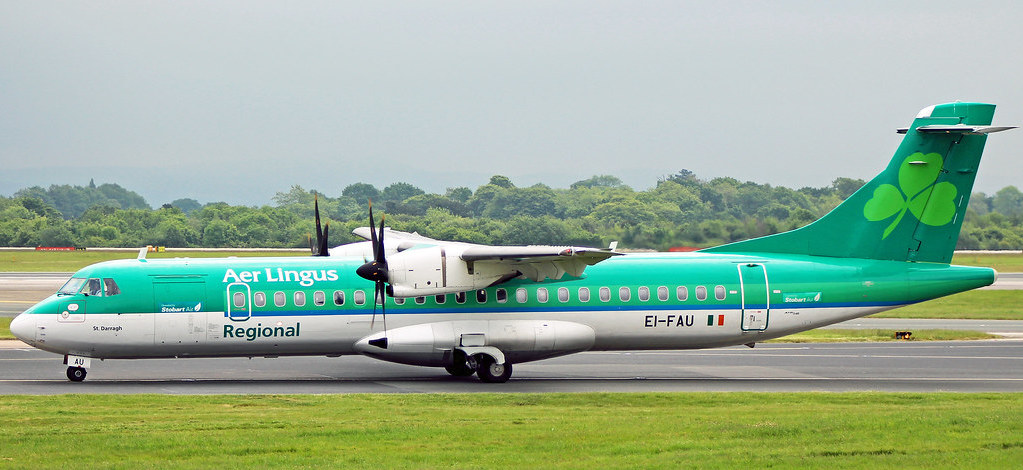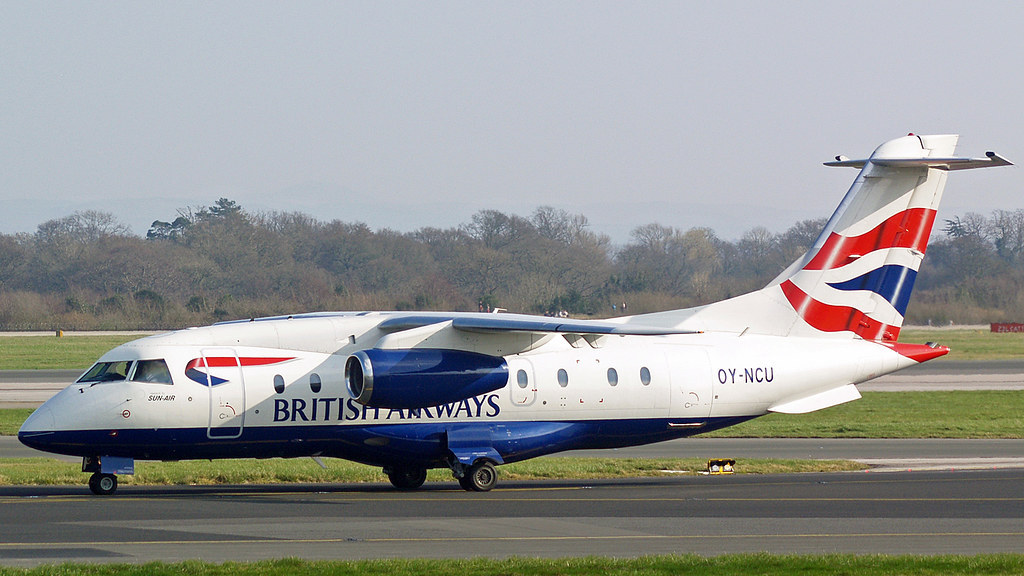AirAsia Group, the world’s best low-cost carrier for 11 consecutive years, is proud to announce its partnership with AC2 Group to install Blue Yonder’s warehouse management solution (WMS) to digitally transform its supply chain capabilities and operational agility as the airline continues to boost domestic capacity in line with strong demand.
AirAsia Group Head, Supply Chain, Siva Indran said, “We have achieved another significant milestone today with the successful deployment of a digital supply chain across the Group. The Blue Yonder WMS uses data and advanced analytics to deliver greater efficiencies for the airline and enhanced benefits for our guests, such as providing the right products on specific flights based on passenger preferences. Additionally, efficiencies gained can be translated into more attractive deals onboard or for ordering home deliveries for example. We continue to innovate in order to be well prepared ahead of the expected global rebound in air travel in the near future.
“As AirAsia’s digital transformation continues to gather momentum, we want to make fintech services inclusive throughout our travel and lifestyle ecosystem. We have always been a digital airline and this is one of many recent technological enhancements put in place over recent times to make booking and flying with AirAsia more seamless than ever. We are pleased that the digital transformation of our supply chain network project has gone live successfully across all of our operational hubs in Asia. I want to thank our IT, operations, supply chain team and our supply chain partner, the AC2 Group, for their assistance to deploy this innovation across the Group so smoothly. The digital optimisation of our supply chain network comes at a great time as we are focused on resuming operations to pre-COVID-19 levels in all of our key markets as soon as possible.”
Managing Partner of AC2 Group, Aw Yang Uei, said, “A significant amount of effort has been put into architecting the solution to ensure it is robust, scalable and integrable with future technologies such as warehouse robotics. AirAsia has a highly creative vision in their omni channel fulfilment strategies, which requires agility in their supply chain. We are delighted and honored to be part of this digitalization journey, and it is a privilege to be working closely with all the professionals in AirAsia.”
President of Asia Pacific at Blue Yonder, Antonio Boccalandro, said, “Congratulations to AirAsia and AC2 Group on the successful deployment of Blue Yonder’s WMS. Our warehouse management system is one of our flagship solutions helping customers improve flexibility, real-time responsiveness and the ability to easily manage complex warehouse operations. We are proud to be part of AirAsia’s digital transformation journey, and we look forward to many more success stories from them.”
